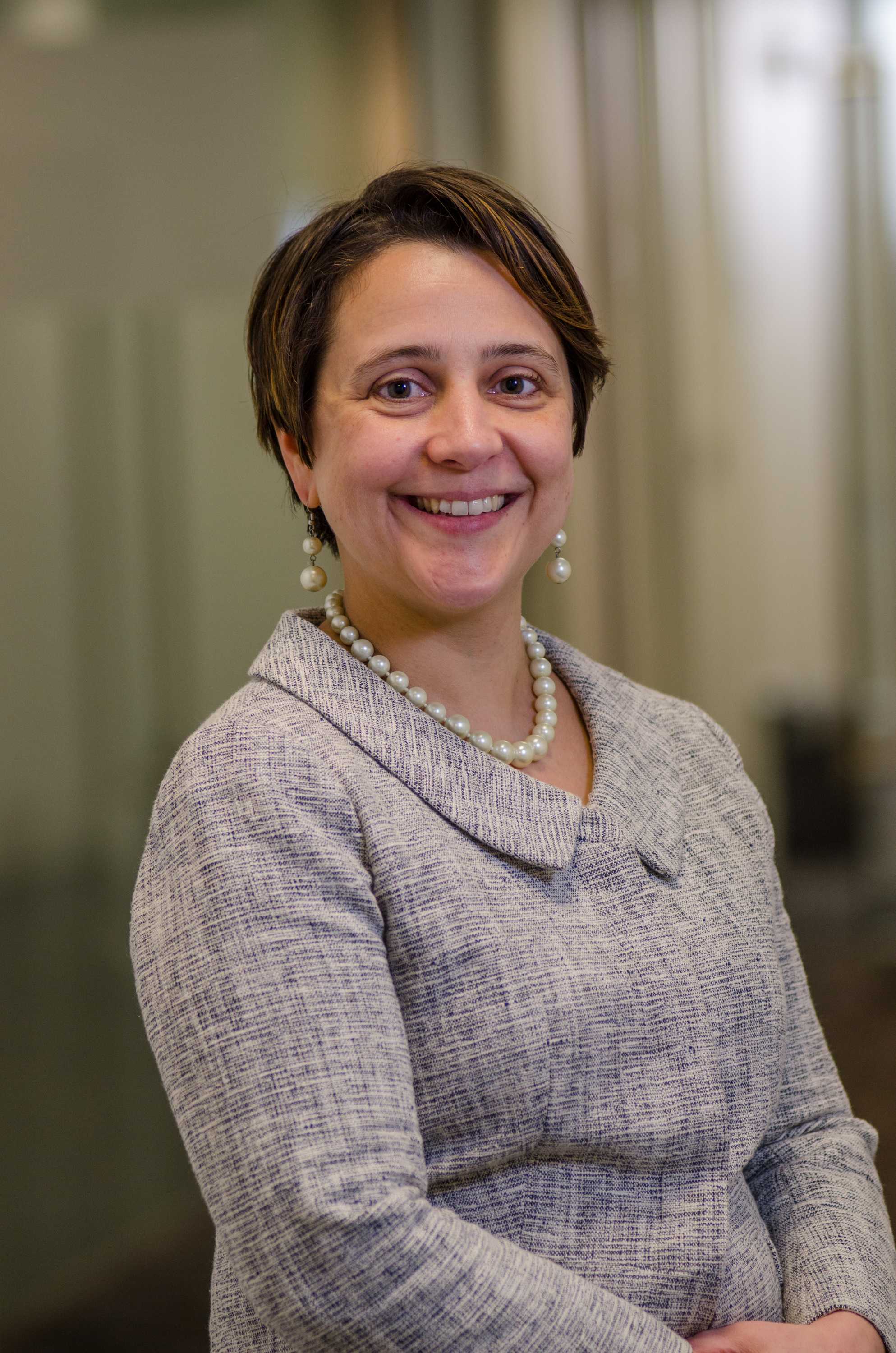
Courtesy of Mandi Pratt-Chapman
Mandi Pratt-Chapman, the associate director for patient-centered initiatives and health equity for the GW Cancer Center, said the program will improve future relationships between doctors and minority patients.
Updated: April 17, 2018 at 1:07 a.m.
Health care providers across the country can now receive advice from faculty about how to offer medical guidance to LGBTQ cancer patients.
GW Cancer Center began offering new trainings this fall in an effort to provide medical professionals more resources to treat minority cancer patients, especially members of the LGBTQ community, and officials plan more sessions in the coming months. Leaders of the project said medical professionals in D.C. will benefit from the program because the District has the largest per capita queer population in the country, and LGBTQ patients often face discrimination from health care providers.
Mandi Pratt-Chapman, the associate director for patient-centered initiatives and health equity for the GW Cancer Center, said the Together Equitable Accessible Meaningful program – dubbed “TEAM” – will improve future relationships between doctors and minority patients through online modules. TEAM is a six-month-long training program sponsored by the Pfizer Foundation, a charity that funds global health initiatives.
“The training is important not just for the GW Cancer Center, but for every health care organization that serves a diverse patient population,” Pratt-Chapman said.
The trainings consist of online sessions that cover areas like health literacy and how to unbiasedly treat racial, ethnic, gender and sexual minority patients, she said.
Pratt-Chapman added that immediate feedback from 91 participants who took part in the first training cohort – which spanned from late fall to early winter – suggested that the project succeeded in better educating professionals. More than one-third of participants so far agreed that the content they learned was either mostly or completely new, and nearly 97 percent felt they were better prepared to deliver culturally competent and equitable care to patients, she said.
After eight hours of online training, two and a half days of live instruction and a pre- and post-assessment, the 24 medical organizations were challenged with organizing and implementing their own plan to improve health care for marginalized populations.
Pratt-Chapman said LGBTQ patients often encounter more discrimination than heterosexual patients when receiving medical treatment – a key reason why the program is necessary. A 2015 study conducted by researchers at the University of Washington found that health care professionals often preferred to work with heterosexual patients because they are more familiar and comfortable with the group – something Pratt-Chapman said the new training aims to address.
The program also addresses the need for adequate support staff in medicine to approach non-medical challenges, like homelessness, Pratt-Chapman said. LGBTQ individuals often live below the poverty line, which makes it difficult to finance treatment, she said.
She added that the program includes content about topics like gender expression sensitivity for medical professionals who may not have much experience working with LGBTQ cancer patients.
“The organizations are currently implementing their plans,” she said. “There will remain an intersectional focus, as one of the core premises of the program is recognition of the diverse experiences of patients across the U.S.”
Pierre Vigilance, the associate dean of the Milken Institute School of Public Health and an associate professor of health policy and management, said the LGBTQ community has suffered discrimination on the basis of sexual orientation in the past and this type of training could help medical professionals ensure equal treatment.
“As a result of biases, different communities have suffered different amounts of disparity in respect to how they’ve been taken care of,” he said.
Vigilance said if LGBTQ patients are not comfortable with their health care provider, or with health center staff, they are less likely to reach out to doctors and obtain the help that they need.
“The more comfortable you are, the more likely you are to return for care, and the more likely you are to return for care, the more consistent you are going to be in care,” he said.
This post was updated to reflect the following corrections:
The Hatchet incorrectly reported that the training was funded by Pfizer, a pharmaceutical company. It was actually funded by the Pfizer Foundation. The Hatchet also incorrectly reported that the instruction portion of the training was virtual. The training was live. The Hatchet also incorrectly reported that Pratt-Chapman said adequate medical support staff is needed to approach non-medical challenges LGBTQ patients face, like discrimination, but she was actually referring to social support needs, like homelessness. We regret these errors.




